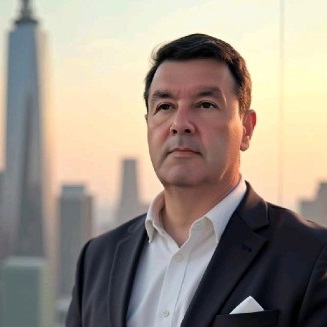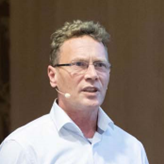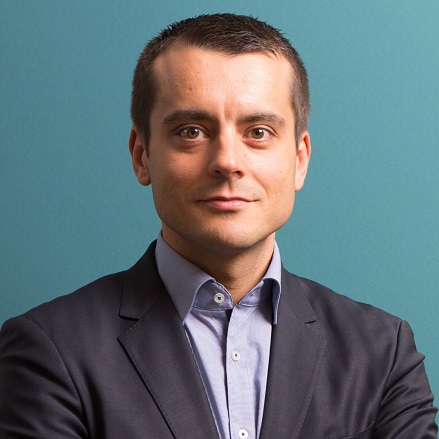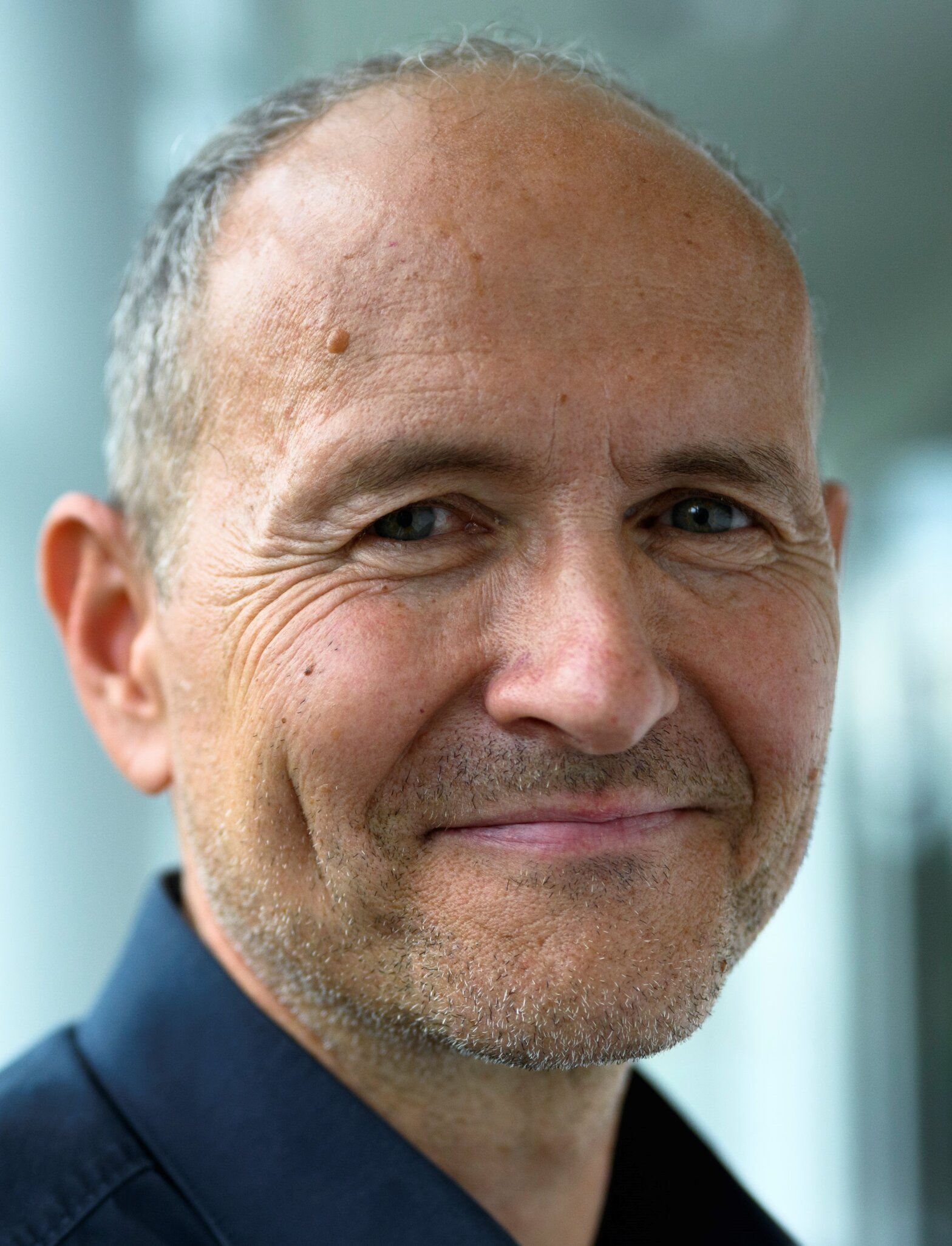Session Details
Session 5: Low-Carbon Methanol
Third-party experts will outline what it takes to make a methanol project bankable, with a focus on specific projects from various regions. They will cover key aspects such as feedstocks, stakeholders, offtake agreements, logistics, and the challenges of producing methanol at a competitive cost that supports a viable return on investment.
The speech will focus on conclusions and lessons learned from more than 20 Power-to-Methanol projects in the scale of 8,000 MTPA to 1,200,000 MTPA. Advantages and disadvantages of different concepts in different regions and markets – Challenges, solutions, and business cases. The speaker holds academic degrees in engineering and business administration and is looking back to 35 years of industrial plant construction. Milestones are the commissioning of biofuel plants worth 200 MEUR respective 550 MEUR. All plants he has taken care are still under operation. Special emphasis of the speech is Power-to-Methanol and its requirements to success.
A presentation outlining a pioneering renewable methanol project targeting a massive market. As a first-mover, we’re leveraging an endogenous opportunity to decarbonize hard-to-abate sectors. We’ll detail our approach and key figures driving this advanced project, acknowledging the inherent challenges of being an early innovator. Ultimately, success hinges on forming strong partnerships to win this uphill battle and lead the change in renewable energy.
Ask your questions to the panel of session presenters to delve deeper into the subject matter.
Session 6: Advances in Technology and Economic Considerations
The economics, and pros and cons of different production routes to methanol will be analysed in detail, highlighting both challenges and market opportunities. There will be a focus on state-of-the-art and emerging technologies that help reduce the cost gap between grey and green methanol production.
Carbopath™ is an environmental recycling platform that generates energy and materials using methanol produced from CO2, waste and biomass. MGC, leveraging methanol synthesis technology and deploying the business throughout the entire methanol value chain, aims to develop the platform to achieve circular economy in collaboration with all entities involved in the methanol value chain.
The headlines are dominated by large-scale several hundred megawatt e-Methanol projects which attracts attention. Why has P2X Solutions selected a different scale-up strategy? A strategy that is based on scaling up the plant size project by project. The topic will be approached from multiple angles including e.g. technology, bankability, offtake, economies of scale and risk management.
TOYO’s g-Methanol™ integrates SUPERHIDIC™, an innovative energy-saving distillation technology. This system optimizes methanol-water distillation using a unique distillation concept, achieving substantial energy savings compared to conventional methods. Integration of g-Methanol™ and SUPERHIDIC™ can reduce carbon intensity by minimizing steam usage (normal zero steam import) and maximizing renewable power, applying proven distillation and heat transfer technologies.
Backed by an innovative R&D approach, Air Liquide’s Lurgi™ Methanol technology has a strong focus on sustainable solutions. Through dedicated pilot plants at its Frankfurt Innovation Campus, the company has developed and validated processes for e-methanol and biomethanol. By leveraging its deep expertise – from pilot plant tests to full-scale commercial applications – Air Liquide offers clients a proven, low-risk pathway to the future of sustainable fuels and chemicals.
Session 7: The Hydrogen Economy
Methanol and ammonia can both be viewed as hydrogen carriers, competing with products such as gasoil, diesel and LNG. Both products are also beginning to play a key role in the shipping industry’s journey towards emissions reduction and, ultimately, decarbonization. The pros and cons of different marine fuels including ammonia and methanol will be evaluated.
The aviation industry faces mounting pressure to decarbonize, driven by emerging government mandates and climate commitments. Sustainable Aviation Fuels (SAF) have therefore shifted from being an option to becoming a necessity. Among the various pathways, the methanol route to SAF offers unique opportunities but also presents complex integration challenges. This work examines the methanol-based SAF production pathway, emphasizing the critical role of effective process integration in achieving both performance and economic viability. Drawing on recent industrial studies and project insights, the analysis addresses key challenges including feedstock variability, energy management, and process optimization. Particular attention is given to how integration strategies influence overall plant balance and techno-economic feasibility. The presentation will conclude with actionable recommendations to overcome integration barriers and accelerate technology readiness levels for methanol-based SAF production.
Green methanol and e-methanol produced from CO₂ and green hydrogen are emerging as sustainable alternatives to fossil-based methanol, but they pose new challenges for catalyst performance under dynamic, renewable-driven conditions. We provide an overview of the methanol value chain for green fuels and chemicals and present successful industrial deployments confirming our catalysts’ scalability and readiness for commercial use, supporting the transition to a net-zero chemical industry. Specifically, we introduce BASF SYNSPIRE® Methanol Catalysts, which offer high activity, selectivity, and long-term stability, even under fluctuating industrial conditions.
Power sourcing is the dominant cost factor for electrolysis and e-fuels projects. Choosing a suitable power sourcing strategy however needs to take various aspects into account: Regulatory and technical constraints, off take obligations and production schedules (or constraints coming from subsequent processes like methanol synthesis), financer’s expectations, potential secondary revenue streams (heat, oxygen, ancillary services), sourcing options, grid free structures, project uncertainties, etc.. Target conflicts do arise. So, what is the best power sourcing strategy?
Unfortunately, there is not a general answer as each project has its own characteristics and also each electricity market has its own opportunities and restrictions. This presentation addresses the fundamental design questions when sourcing electricity for a specific hydrogen/derivatives project and then highlights some examples of projects and hydrogen related PPAs Axpo has entered.
Ask your questions to the panel of session presenters to delve deeper into the subject matter.
Session 8: Marine Fuel and Logistics
Methanol itself is a globally traded commodity, transported by ship in huge volumes. It is also a very fast-growing marine fuel, representing just one of many solutions available to shipowners as they look to reduce their emissions and their carbon footprint. This session will give a shipowner’s perspective on the growth prospects for methanol and other non-traditional marine fuels. The audience will gain a clear understanding of possible marine demand growth scenarios for both methanol and ammonia, providing a rational basis for future supply negotiations.
The Port of Barcelona aims to become a fully decarbonized and sustainable Smart Energy Hub, while also strengthening its competitiveness and resilience. This vision is articulated through the Energy Transition Plan, which sets out a clear strategy through to 2050 to transform the port’s energy model. One of the main pathways identified for decarbonizing maritime and port activities is the adoption of alternative fuels, including methanol, especially as a fuel for ships. Therefore, it is necessary to create the supply chain for alternative fuels, with methanol being one of the main options.
As the maritime industry accelerates its transition to cleaner fuels, the challenge is no longer just producing low-carbon methanol—it’s ensuring it gets to the right place, in the right way, at the right time. In this session, we’ll explore how MB Energy is building a fully integrated, end-to-end supply chain for low-carbon methanol, tailored to the specific needs of shipping customers. From evaluating upstream production projects and securing long-term offtake to ensuring certification, compliance with CI scores, and developing the necessary logistics, storage, and bunkering infrastructure.
Rotterdam is currently a leading port for the trade and storage of methanol, serving mainly the chemical industry in North-West Europe. New markets and supply chains are developing for import of biomethanol and e-methanol. This is mainly driven by upcoming regulations in the maritime industry and aviation. The Rotterdam industrial Cluster is in development to serve this transition with some landmark projects in sustainable aviation fuel (Methanol-to-SAF) and chemicals (Methanol-to-Olefins).
Canada’s abundant wind and biomass resources and advances in small modular nuclear reactor (SMNR) technologies make it ideal for large-scale green methanol production. The Canadian Nuclear Laboratories (CNL) team has developed sophisticated assessment tools to evaluate technologies, requirements and costs of various green methanol production pathways. With this tool, the CNL team also assessed the full fleet of vessels for the Canadian Coast Guard (CCG) for alternative fuels including methanol. Since that assessment, the CCG has been interested in switching its fleet to green methanol, pending technology demonstration, and a feasibility, logistics, methanol propulsion and fuel demand assessment.
Ask your questions to the panel of session presenters to delve deeper into the subject matter.
Hector Calls
Director of the Environmental Sustainability and Energy Transition Department Port of Barcelona
Read BioAmir Habibi, Ph.D.
Research Scientist Canadian Nuclear Laboratories (CNL)
Read BioErik van der Heijden
Business Manager Energy Transition Port of Rotterdam
Read BioAlexander Higelin
Head of New Business Development BASF
Read BioDr. Bita Najmi
Principal Engineer at Entr Aker Solutions
Read BioShoji Matsukawa
General Manager, Carbon Neutral Project Department Mitsubishi Gas Chemical Company, Inc.
Read BioPedro Melo
Business Development Manager Capwatt, SGPS, S.A
Read BioMike Nash
Vice President, Global Syngas Team Lead | Americas Acetyls Lead Chemical Market Analytics by OPIS
Read BioJussi Rämä
Technical Sales Manager P2X Solutions Oy
Read BioDr. Fridolin Roth
General Manager of the Renewables Division Axpo Solutions AG
Read BioChristian Schweitzer
Managing Director bse Methanol GmbH
Read BioRiya Sethi
Senior Process Manager Methanol Air Liquide Engineering & Construction
Read BioOleksandr Siromakha
Head of Sustainable Fuels MB Energy Holding GmbH & Co. KG
Read BioMarkus Speith
Head of Solution Development Power-to-X bei Siemens Energy
Read BioNobuhiro Yoshida
Chief Engineer, Engineering and Technology Unit Toyo Engineering Corporation
Read Bio















